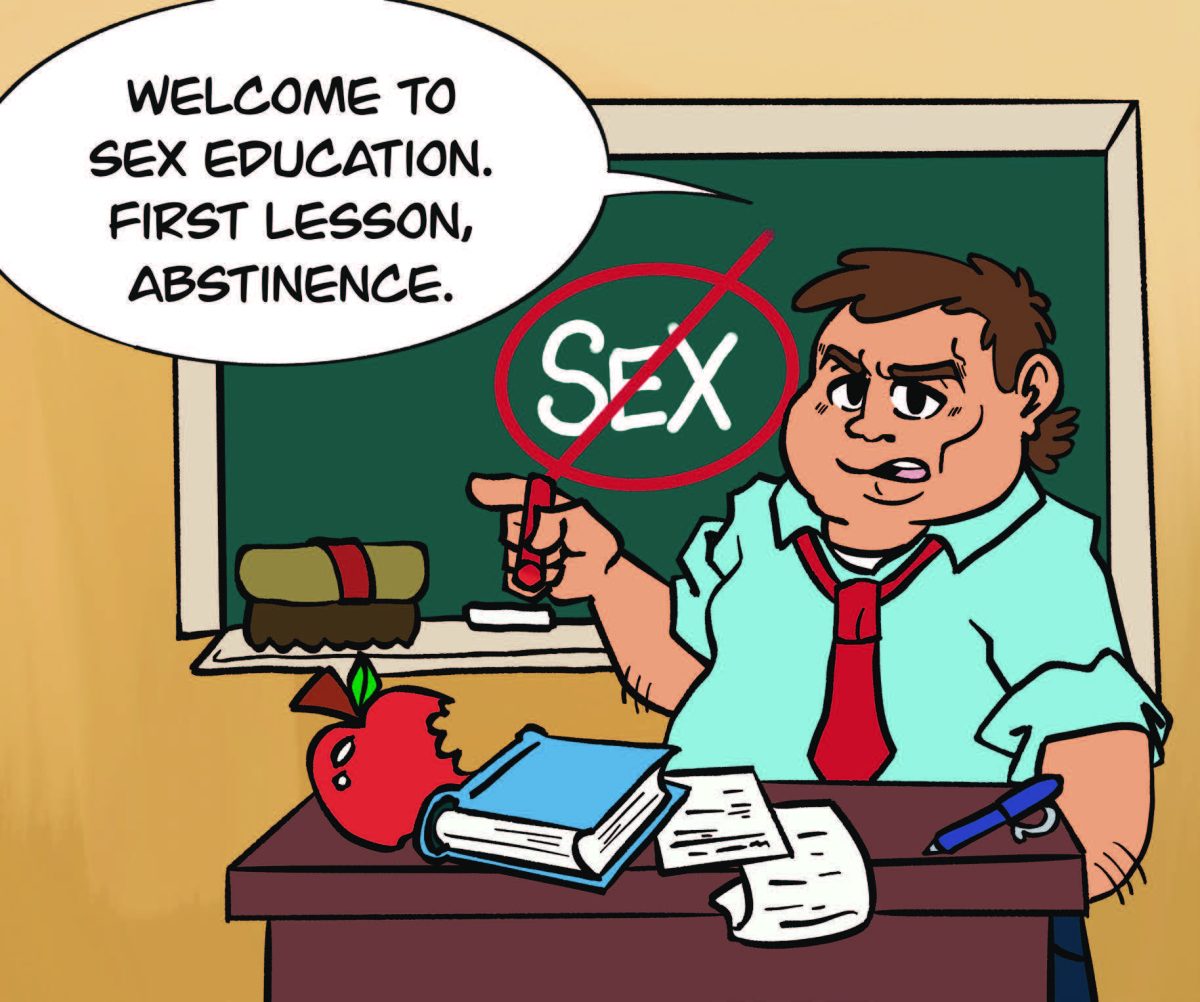
TikTok ban affected TCC in February, and talks of cybersecurity have continued since.
Ariel Desantiago/The Collegian
XAVIER BOATNER
campus editor
xavier.boatner@my.tccd.edu
The newly-introduced “Restrict Act” could potentially change the way companies use technologies going forward.
The “Restricting the Emergence of Security Threats that Risk Information and Communications Technology Act,” commonly referred to as the “Restrict Act” or (S.686), is a bill currently under consideration by Congress. The act was introduced by the U.S. Senate on March 7 and has since been a cause for concern by various people.
According to a summary of the bill on Congress’ website, “This bill requires federal actions to identify and mitigate foreign threats to information and communications technology (ICT) products and services (e.g., social media applications). It also establishes civil and criminal penalties for violations under the bill.”
Additionally, the bill summary provides further clarification regarding what the Restrict Act is meant to impose, stating the Department of Commerce will need to identify, disrupt, prohibit and investigate ICT products that may pose a threat to the safety of American citizens.
Despite concerns, Rachel Cohen, spokesperson for Senator Mark R. Warner, said in a widespread media statement that the act is not meant to target average American citizens.
“To be extremely clear, this legislation is aimed squarely at companies like Kaspersky, Huawei and TikTok that create systemic risks to the United States national security – not at individual users,” Cohen said.
If the act is passed and becomes law, the United States government will be able to put bans in place to remove any applications that may pose possible cybersecurity risks. Using applications like virtual private networks to bypass such restrictive measures could result in cybersecurity breaches.
There have been people who do see merit in the government’s current efforts to shut down social media platforms, despite having reservations.
“I am very leery of any attempt by the government or any entity to restrict speech, press, personal or business transactions, or access to them,” NW social and behavioral sciences adjunct instructor Joseph Ialenti said. “However, I support most extant restrictions such as those embodied in state and federal libel, slander, espionage and criminal statutes.”
Some still feel the government going to these lengths is unnecessary and think social media platforms should be held accountable for the kind of content on their respective platforms rather than getting rid of the platforms entirely.
“I think cracking down on social media apps and banning them is excessive,” Connect student Saul Estrada said. “I believe that the government should crack down on the type of content that can be uploaded to certain social media apps.”
Others say targeting social media platforms should require further restrictions to cut back on the impact they may have on users.
“I do believe restrictions on social media is necessary to cut down on cyberbullying, internet scams and fear,” Connect student Miciah Stallworth said.
Ialenti added in his response that it’s important for people to try and understand how these technologies could impact the country’s future.
“As a nation, we must be cognizant of the ever-expanding landscape of technological threats and other efforts by our Nation’s enemies to turn our freedoms against us,” Ialenti said. “It’ll impact our Nation’s enemies most.”




























